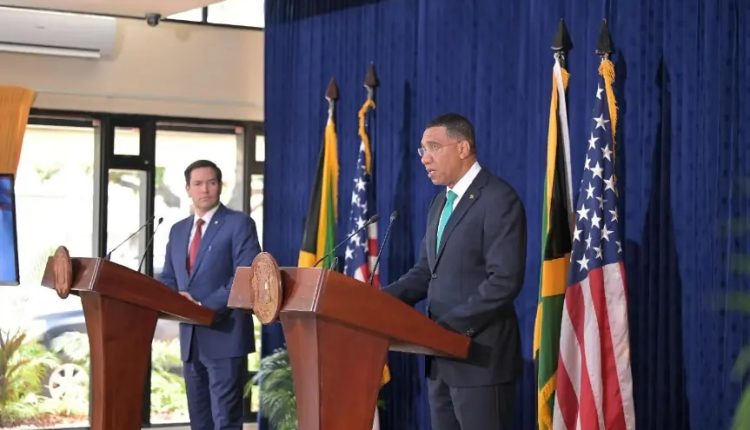
Rubio’s claim about Cuban doctors rebuffed by Jamaican prime minister
Secretary of State Marco Rubio and the Trump administration announced a new “Americas First” policy, which will place greater focus on Latin America and the Caribbean regarding issues such as migration and China’s influence.
However, this approach, combined with USAID funding cuts, has led to complaints from regional leaders who view it as excessively focused on confronting Cuba and Venezuela. Specifically, threats of sanctions against nations that employ Cuban medical personnel and tariffs on countries that purchase Venezuelan oil have generated pushback.
Caribbean leaders, including Jamaica’s Prime Minister, defended their reliance on Cuban doctors, while analysts indicate that Venezuelan oil sanctions might unintentionally benefit Cuba. These actions are raising concerns about the risk of alienating regional partners and potentially leading to unintended negative consequences.
Even before Rubio’s trip to the Caribbean region last week, it was evident that his approach would be more of a “bad cop” than a “good cop,” as Washington threatens sanctions against foreign officials from countries employing Cuban doctors and nurses. Potential punishments could include barring these officials and their immediate family members from traveling to the US. This would also deprive Havana of much-needed hard currency.
During a press conference in Jamaica, Rubio described it as forced labor, stating that the Cuban “regime does not pay these doctors and takes away their passports.” However, the potential sanctions against Cuba’s medical programs provoked a remarkable pushback from several Caribbean and Latin American leaders.
At the same news conference with Rubio, Jamaican Prime Minister Andrew Holness stated that his government plans to continue using Cuban doctors and nurses in their hospitals while demonstrating to the US that the program in Jamaica operates in accordance with international labor standards.
“Regarding Cuban doctors in Jamaica, let’s be clear: the Cuban doctors in Jamaica have been immensely helpful to us,” he said, as Rubio, who is Cuban-American and a staunch opponent of the government in Havana, looked on. “Jamaica faces a shortage of healthcare personnel primarily because many of our health workers have migrated to other countries. However, we are careful not to exploit the Cuban doctors here,” Holness added.

